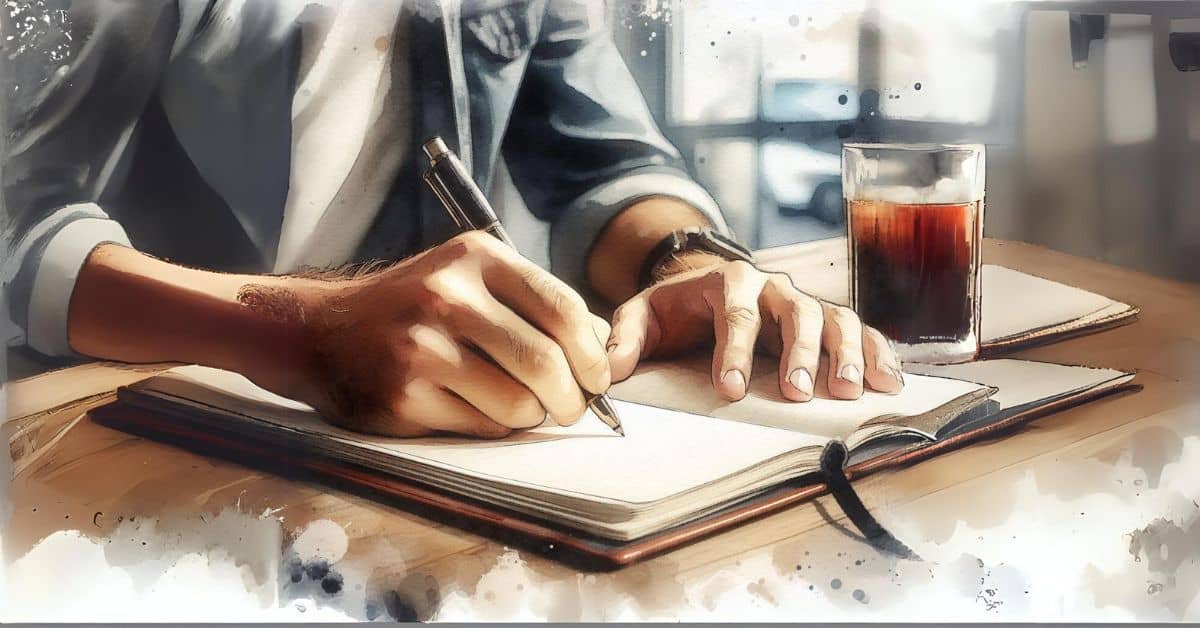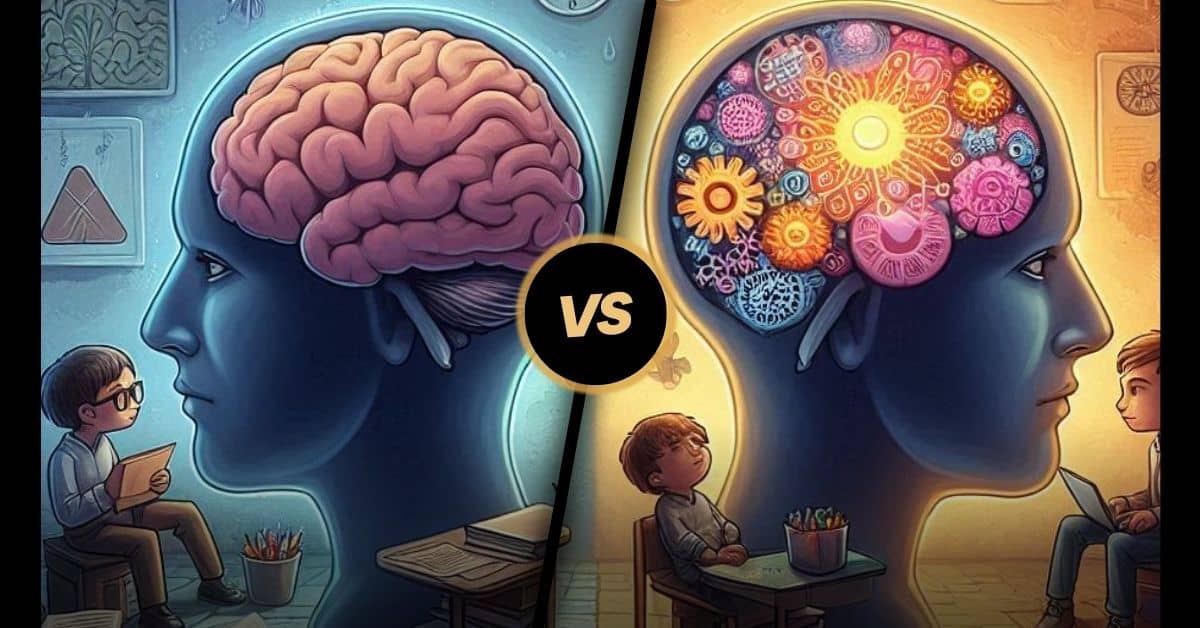The Power of Gratitude Journaling in Addiction Recovery
Have you ever thought about how being thankful could help you stay sober? Gratitude journaling in addiction recovery is a simple yet powerful tool that can change your outlook on life. In fact, studies show that people who practice gratitude are happier and more likely to stick to their recovery goals.
When you’re fighting addiction, it’s easy to focus on the negative. However, by writing down what you’re grateful for each day, you can start to see the good things in your life. This shift in thinking can make a big difference in your recovery journey.
In this post, we’ll explore how gratitude journaling can help you in your addiction recovery. We’ll also share some easy ways to start your own gratitude practice. So, grab a pen and paper, and let’s get started!
What is Gratitude Journaling?
Gratitude journaling is simply writing down things you’re thankful for. It’s like keeping a diary, but instead of writing about your day, you focus on the good things in your life. This can be as simple as being thankful for a warm cup of coffee or as big as celebrating a recovery milestone.
How Gratitude Journaling Helps in Addiction Recovery
Gratitude journaling in addiction recovery has many benefits. First, it helps you focus on the positive things in your life. When you’re battling addiction, it’s easy to get stuck in negative thinking. But by writing down what you’re grateful for, you start to see the good things around you.
Moreover, gratitude journaling can:
- Reduce stress and anxiety
- Improve your mood
- Boost your self-esteem
- Help you sleep better
- Strengthen your relationships
All these benefits can support your recovery journey and make it easier to stay sober.
Getting Started with Gratitude Journaling

Starting a gratitude journal is easy. Here are some simple steps to get you going:
Choose Your Journal
First, pick a journal you like. It can be a fancy notebook or just a simple notepad. The important thing is that you enjoy using it.
Set a Regular Time
Choose a time each day to write in your journal. Many people like to write in the morning to start their day on a positive note. Others prefer to write before bed to reflect on their day.
Start Small
Begin by writing down three things you’re grateful for each day. They don’t have to be big things. You could be thankful for a good meal, a kind word from a friend, or a beautiful sunset.
5 Gratitude Journaling Prompts for Addiction Recovery
Sometimes, it’s hard to know what to write. Here are some prompts to help you get started:
- What’s one thing in your recovery that you’re proud of today?
- Who’s someone that has supported you in your journey, and why are you thankful for them?
- What’s a challenge you’ve overcome recently, and what did it teach you?
- What’s something about your body or health that you’re grateful for?
- What’s a simple pleasure you enjoyed today?
Tips to Make Gratitude Journaling a Habit
To get the most out of gratitude journaling, try to make it a daily habit. Here are some tips:
- Keep your journal where you can see it
- Set a reminder on your phone
- Pair it with another daily habit, like having your morning coffee
- Share your gratitude with others to stay motivated
- Be patient with yourself – it takes time to form a new habit
Overcoming Challenges in Gratitude Journaling
Sometimes, you might find it hard to think of things to be grateful for, especially on tough days. That’s okay. On these days, try to find small things to appreciate. Maybe you’re grateful for a comfortable bed or clean water to drink. Remember, no gratitude is too small.
Empowering Your Recovery Journey
Gratitude journaling is a powerful tool in addiction recovery. By focusing on the good things in your life, you can change your outlook and strengthen your recovery journey.
Developing a growth mindset, as outlined in our guide How to Develop a Growth Mindset: A Step-by-Step Guide, can complement the benefits of gratitude journaling. It might feel awkward at first, but with practice, it can become a rewarding part of your daily routine.
The National Institute on Drug Abuse (NIDA) highlights the importance of behavioral therapies in addiction treatment. Gratitude journaling can be seen as a form of cognitive-behavioral therapy (CBT) as it helps you identify and challenge negative thought patterns and replace them with more positive ones.
Remember, recovery is a journey, and gratitude journaling can be your companion along the way. It’s a simple practice that can have a big impact on your mental health and overall well-being.



